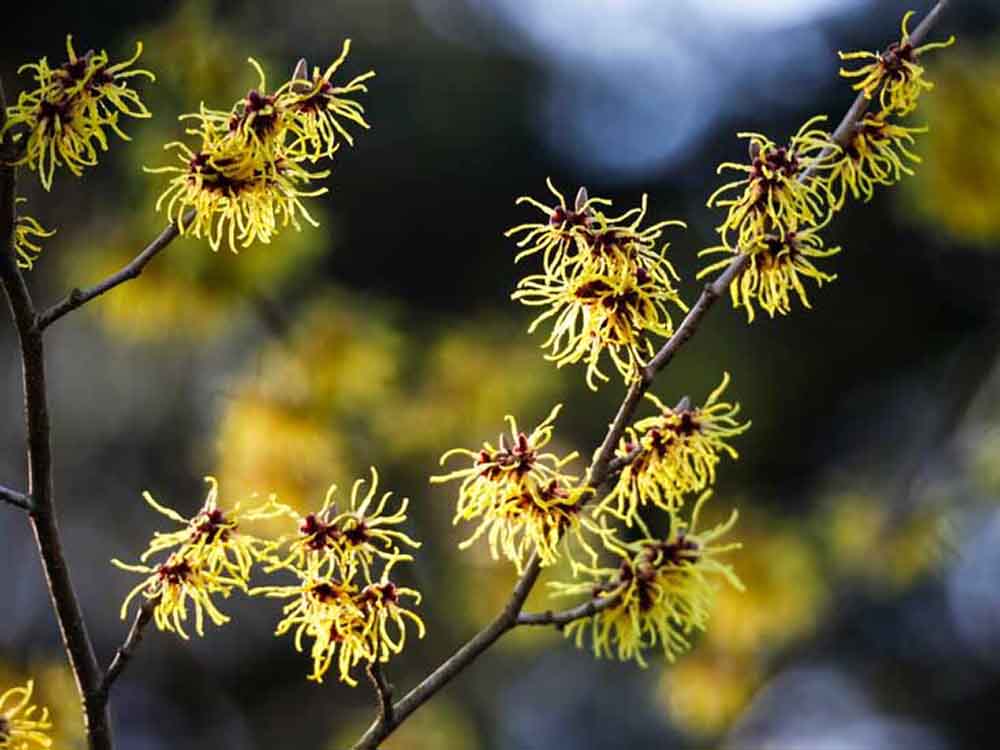
Dr Ryan Shelton Discusses The Effectiveness and Benefits of Herbal Medicine
Many plant-based medicines have been used for centuries. These plants are often referred to as “herbal medicine,” and they come from worldwide. However, Dr Ryan Shelton warns that not all of these plants can be consumed safely or effectively.
Many of these plants can be poisonous if consumed in the wrong dosage or without supervision. The use of herbal medicine began to treat illnesses and cure others. However, after time, scientists experimented and discovered which plants were effective for certain diseases and ailments.
Today, countries all over the world still use plant-based medicines as treatments for certain ailments. While this might seem like it’s becoming less popular now that manufactured drugs exist, it is quite the opposite.
Many people prefer herbal medicines because they often show immediate results, whereas prescription drugs can take days before any improvement is seen. Also, herbal medications do not leave the body drugged up like prescribed medications sometimes. Let’s explore the effectiveness of herbal medicine, its uses, and potential benefits!

The Benefits of Herbal Medicine
One of the main benefits of herbal medicine is that it provides immediate relief. Many herbal medicines are available without a prescription, benefiting people who do not have insurance or are hesitant to visit the doctor.
Another benefit is that herbal medicine is often much cheaper than prescribed medications, which can help people save money. Finally, Dr Ryan Shelton believes that some herbal medicines provide more natural relief than manufactured medications, which many people today prefer.
There are many different purposes for which herbal medicine can be used. These include treatments for colds, coughs, and even allergies. Some of the most common herbal medicines are teas, liquids, or pills purchased online or in local shops. Herbal treatments work differently depending on the person using them, but they typically provide relief within 48-72 hours after use.
It is important to remember that herbal remedies are not proven by science, so that some people will prefer prescription medications instead. However, herbal medicine has many benefits, particularly the affordability and availability of certain products. While it is best to consult a doctor before trying out any new drug or medication, there is no doubt that knowing about alternative methods is important as well!

How Does Herbal Medicine Differ From Pharmaceuticals
Herbal medicine differs from pharmaceuticals because it typically does not require a doctor’s supervision. It can also be cheaper than prescriptions, and it provides relief more naturally. Herbal medicines are often plant-based or made with animal parts, so they are sometimes referred to as “natural” medicines.

Why Herbal Medicine is Growing in Popularity
Herbal medicine has been a common form of treatment for centuries and is still a popular choice for many countries today. There are many reasons that herbal medicine is an increasingly popular choice among people, but its effectiveness is one of the main ones.
Dr. Ryan Shelton feels that many people who decide on herbal medicines report instant relief from their symptoms. In contrast to prescription medications, which can take days before they start working, some herbal medicines provide relief almost immediately.
Another reason why herbal medicine is becoming more popular is because it does not leave the person feeling drugged up like many prescription drugs. This may be especially appealing to those who do not have insurance or are hesitant to visit a doctor due to personal reasons or high costs.

Common Herbal Treatments
Many different types of herbal medicines can be used for a variety of purposes. Some common types of herbal medicines include:
- Rooibos tea: This is often used to cure a cold or flu, and it has been proven to have antibacterial qualities.
- Thuja Oil: Thuja oil is often taken orally for goiter, bronchitis, and even asthma. It has also been known to treat arthritis and intestinal worms.
- Witch Hazel: Witch hazel is used orally for hemorrhoids, piles, infected wounds, and jaundice. It is also applied topically on skin conditions such as acne or eczema to soothe the pain.

Final Thoughts
Despite the high availability of prescribed medications, herbal medicine is still growing in popularity. There are many reasons for this, but one of the main ones is that it offers immediate relief without any drugged-up feelings. Herbal medicines also tend to be cheaper than prescriptions and more natural as well.
When choosing which treatment you want for your illness or disease, consider what will work best with your body’s needs! If you have questions about how these treatments would affect you, don’t hesitate to reach out to a local healer who can help guide you through all decisions on herbal medicine treatments.





